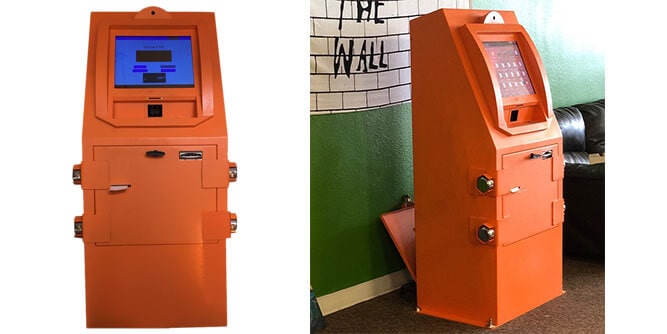
Bitcoin ATM CEO Indicted with Charges of Money Laundering
- The boss of Bitcoin ATM service ‘BASH’ was arrested and charged with eight counts.
- The defendant is accused of setting up an illegal business, facilitating money laundering, and evading financial reporting.
- The allegations include knowingly aiding criminals to make their fraudulently-acquired money untraceable.
The CEO of Bitcoin ATM company ‘BASH’, Brannen S. Mehaffey, was indicted by the U.S. District Court of Arizona, facing money laundering charges and another seven counts. The man moved an excess of $4 million through his personal and his business bank accounts over the last two years, and in several cases, the money was directly linked with cases of online fraud. The indictment mentions two specific cases of one victim losing $125,000 that was traced back to Mehaffey’s accounts, and a second one losing $7,370, which was transferred to the CEO of ‘BASH’ again.
‘BASH’ is a 100% American company that has deployed over 20 ATMs across the state of Texas, enabling people to exchange between virtual currency and USD. The company charged a transaction fee of up to 8% for using the service and advertised on high-traffic websites like ‘craigslist.org’ and ‘localbitcoins.com’. The website of the firm, which is no longer online, specifically mentioned that “what you do with bitcoin is your business and not mine, so please do not detail how you use it.”
This indicates that Mehaffey knew what was going on in several cases but wanted to renounce any responsibility. Moreover, the man did not officially register his company as a “money transmitting” business, as required by Title 18, U.S. Code, Section 1960. This is another indication that he wanted to avoid scrutiny as well as to have to go through obligatory transaction reporting requirements. And finally, Mehaffey split the amounts into small chunks to avoid the report of transactions that are over $10,000 to the IRS, as required by the “Bank Secrecy Act”.
Even the locations of the ‘BASH’ ATMs were pretty shady, including a smoke shop, a computer repair point, and a strip club. Obviously, Mehaffey didn’t want to draw too much attention to his business, and couldn’t agree on hosting contracts with larger and more mainstream stores due to the borderline illegality of not registering his company for what it really was.
The ‘BASH’ boss was arrested on October 21, 2020, but the indictment was unsealed only now. The defendant will now have to forfeit any property, real or personal, which will be determined to be linked with the offenses. The same applies to anything that the defendant has already transferred or sold to a third party or placed beyond the Arizona court's jurisdiction.






